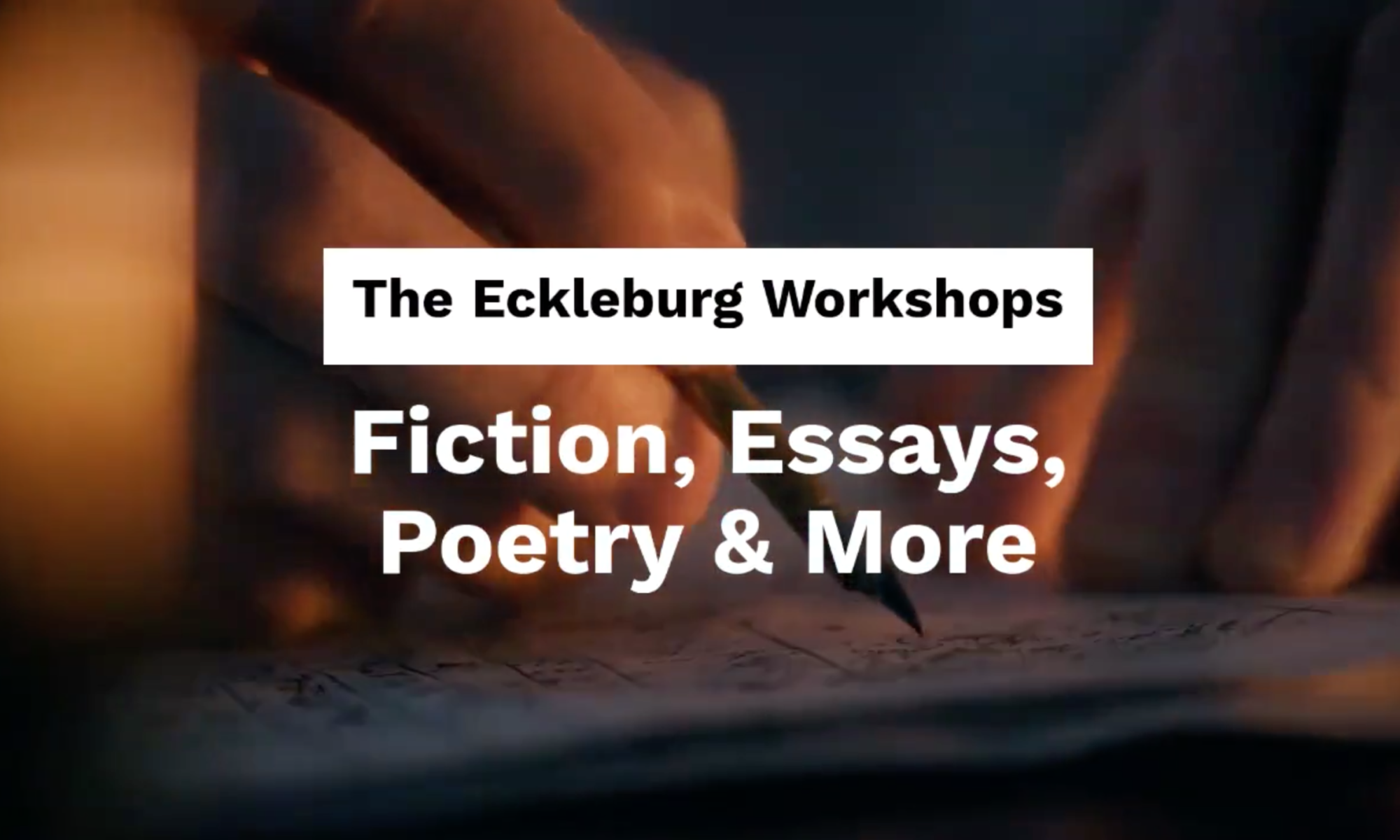Setting is the time and place of the action in a work of fiction, poetry, or drama. The spatial setting is the place or places in which action unfolds, the temporal setting is the time. (Temporal setting is thus the same as plot time.) It is sometimes also helpful to distinguish between general setting—the general time and place in which all the action unfolds—and particular settings—the times and places in which individual episodes or scenes take place. (Norton)
If character is the foreground of [narrative], setting is the background, and as in a painting’s composition, the foreground may be in harmony or in conflict with the background. If we think of the Impressionist paintings of the late nineteenth century, we think of the harmony of, say, women with light-scattering parasols strolling against summer landscapes of light-scattering trees. By contrast, the Spanish painter Jose Cortijo has a portrait of a girl on her Communion day; she sits curled and rolled, in a lace mantilla, on an ornately carved Mediterranean throne against a backdrop of star, harshly lit, poverty-stricken shacks. (Writing Fiction)
Submit Your Work for Individualized Feedback
Please use Universal Manuscript Guidelines when submitting: .doc or .docx, double spacing, 10-12 pt font, Times New Roman, 1 inch margins, first page header with contact information, section breaks “***” or “#.”
Sources
A Handbook to Literature
“Cogito et Histoire de la Folie.” Jacques Derrida.
Eats Shoots and Leaves: The Zero Tolerance Approach to Punctuation
The Elements of Style.
New Oxford American Dictionary
The Norton Anthology of World Literature
The Norton Introduction to Philosophy
Woe is I: The Grammarphobe’s Guide to Better English in Plain English
Writing Fiction: A Guide to Narrative Craft
Writing the Other



